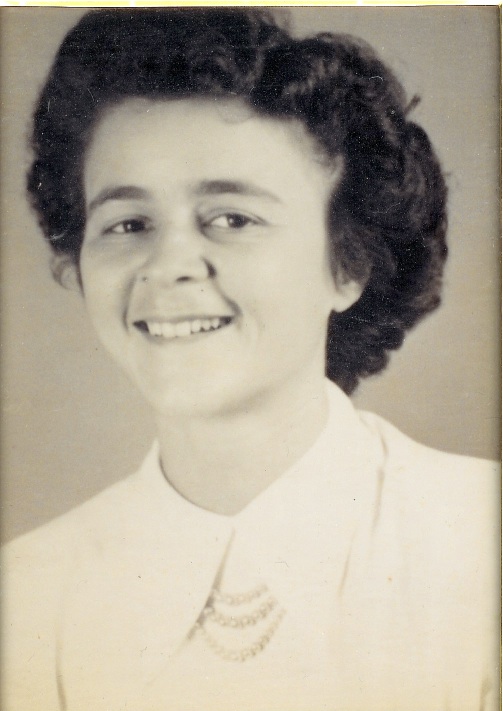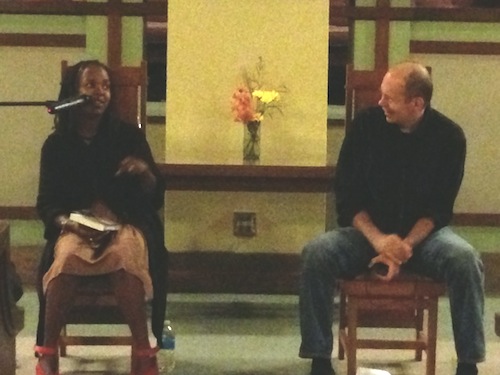Mondays with Mike: What's in a na_e?
March 10, 2014 • 19 Comments • Posted in Mike Knezovich, Uncategorized, writingSo it’s amazing (or in this case perhaps ridiculous) what people can get used to. Well, it’s amazing what I can get used to — I wouldn’t attribute what I’m about to explain to the entire human race.
Since around last Christmas, the “m” key on my built-in laptop keyboard hasn’t worked. For awhile, it would come and go if I did a machine-gun staccato dance on it. Of course, that would result in a bunch of extra “m”s and the need to delete.
I checked it out — the repair will require around $200 and replacement of the entire keyboard. I’ve procrastinated not just because I’m cheap, but because it’ll require giving up the computer for longer than I want.
So my “m” has become the equivalent of one of those boxes that doesn’t get unpacked after you move your household. Eventually, it becomes like a permanent furnishing that you walk around without a thought.
I get around this “m” thing easily enough most of the time … I plug in a full-size external keyboard. But when one’s not available, I have to copy an “m” from an existing document and paste it in as needed. Of course, if I need a capital “M” I need to copy that, and if I need to just copy an paste a phrase, well, you get the picture.
Having the name Mike doesn’t help, of course. M’s sort of an important letter to me. Beth suggested I change my name to Ike Knezovich until I get the key fixed. But of course, that sort of becomes Iknezovich, with the ike blurring audibly into the rest of my messy name. That triggered another thought: going all Apple on it — I could become iKnezovich.
Anyway. All this name talk with Beth reminded me how used to my own (last) name I’ve become. It’s not exactly Smith or Jones. (For those who’ve only see it in print, it’s pronounced Cah-NEZZ-oh-vich).
There was a short spell — it was after college at my first real job — that I seriously considered changing my name. I was a researcher for a consumer magazine in Washington, D.C., and I was constantly on the phone leaving and spelling my name. That’s K, N-as-in-nancy, E, Z as in zebra, O, V as in victor, I, C, H.
I began to wonder: Over a lifetime, this might cost me months or years of time I could spend otherwise. Maybe something shorter would be more practical.
Besides that, my name absolutely slays some people, and it always has. Every first day of school and every first role call ever since, I’ve learned to be at the ready. As the teacher or group leader gets closer to the Ks, I look for the contorted face, I wait for Mi—-chael (stretched out to buy time) Kah, Kah … and I rescue them by interrupting and completing the pronunciation.
“Ah, just how’s it’s spelled,” they usually say, in relief. And they repeat it out loud in wonder, and for memory’s sake.
On the phone it evokes all kinds of reactions, and all more for the couple years I lived in the South, where the kind of vowel-lacking ethnic names that are common in Chicago are quite rare. “Woooo—eeee!” The voice on the other end would say. “That’s really something. What is that?”
Quite a few people look at it, then come up with something completely unconnected from the actual letters in my name. “Table for Mr. Mike Kazanski? Did I get that right?” I think lots of people know people with Polish names and sort of reflexively add a ski to any name that is remotely Polish looking to them. Folks often try to guess the origin, and most often wrongly guess Polish. (It’s Serbian.)
So, back to the 80s at my first job — I did think about changing it. But then I started paying attention to how often much simpler names got botched routinely. For example, I worked with a woman with the surname of Rudd. Her first name was Gillian.
Since I often had phone duties, I’d field calls for her. “Hello, is Ms. Galleon Rude there?”
I’m not making that up. And there were other variations. And so, I thought, why would I go through expense of changing my name only to have it botched and butchered anyway?
So, I not only got used to it, I can’t imagine being called any other name (though that happens often enough).



